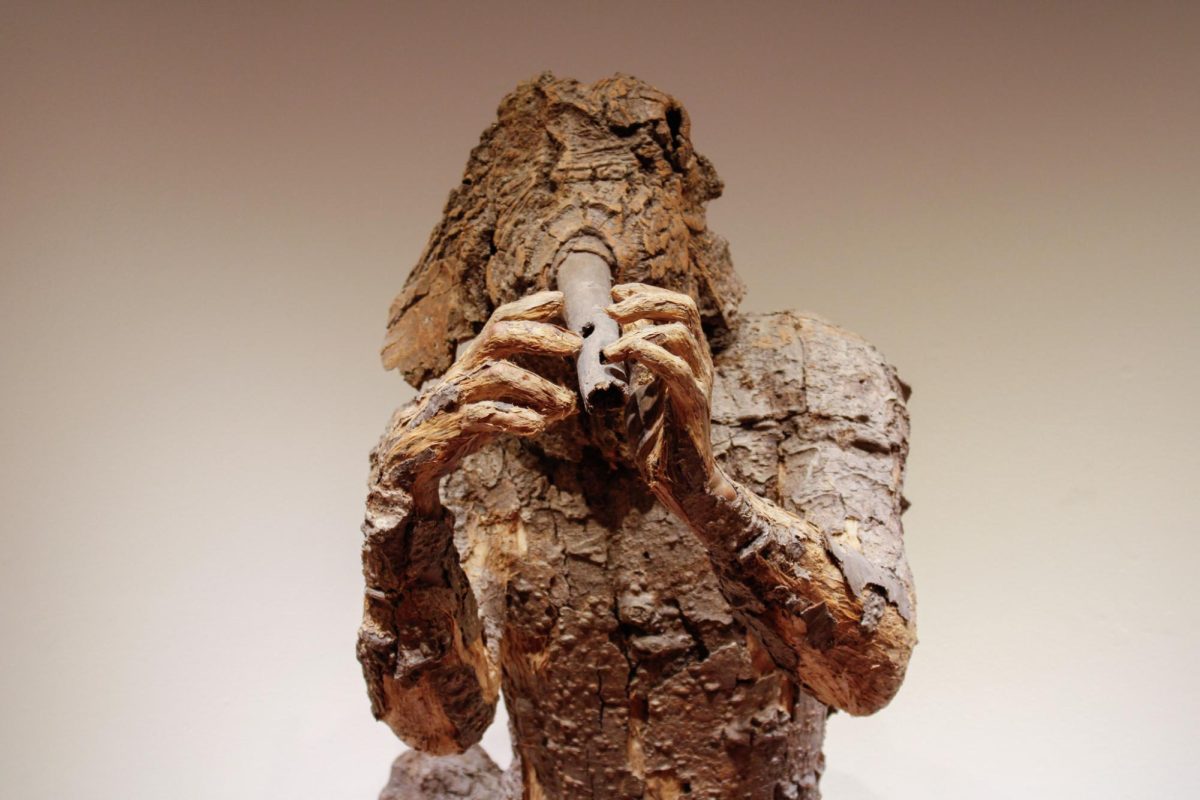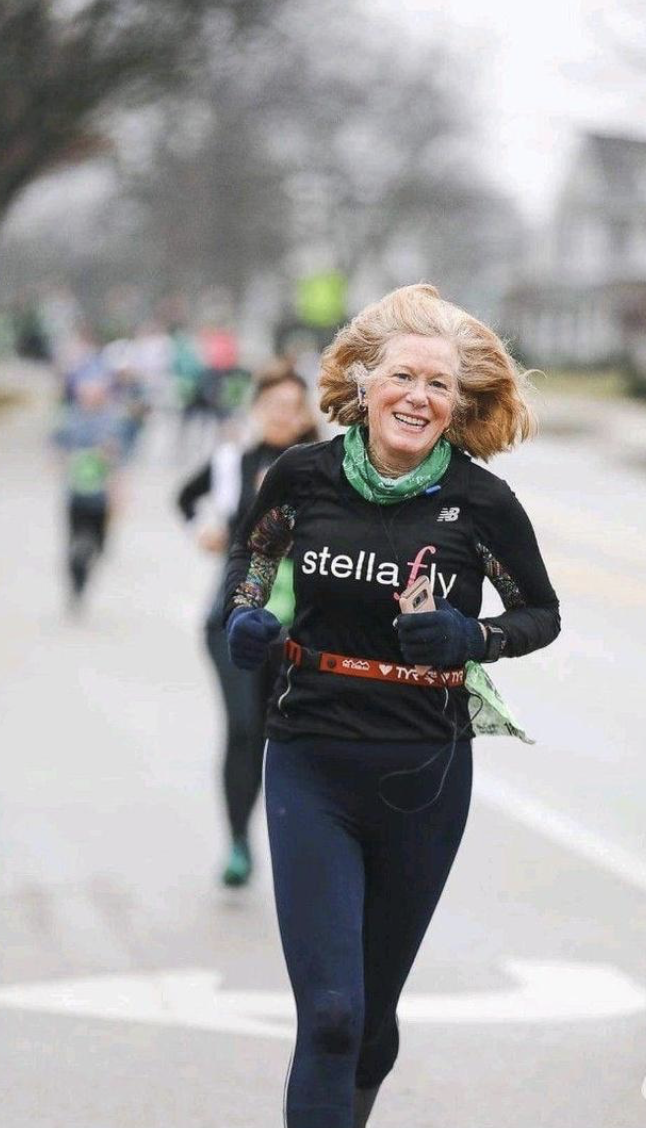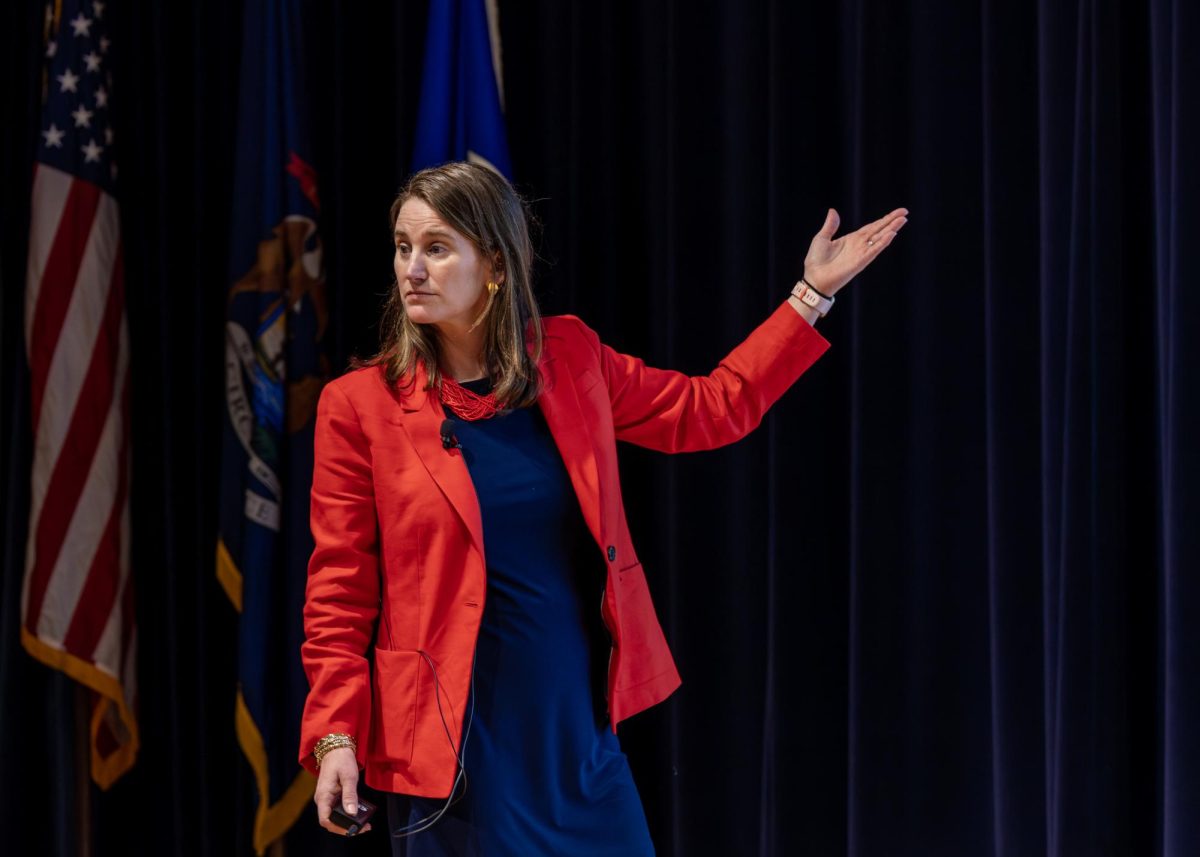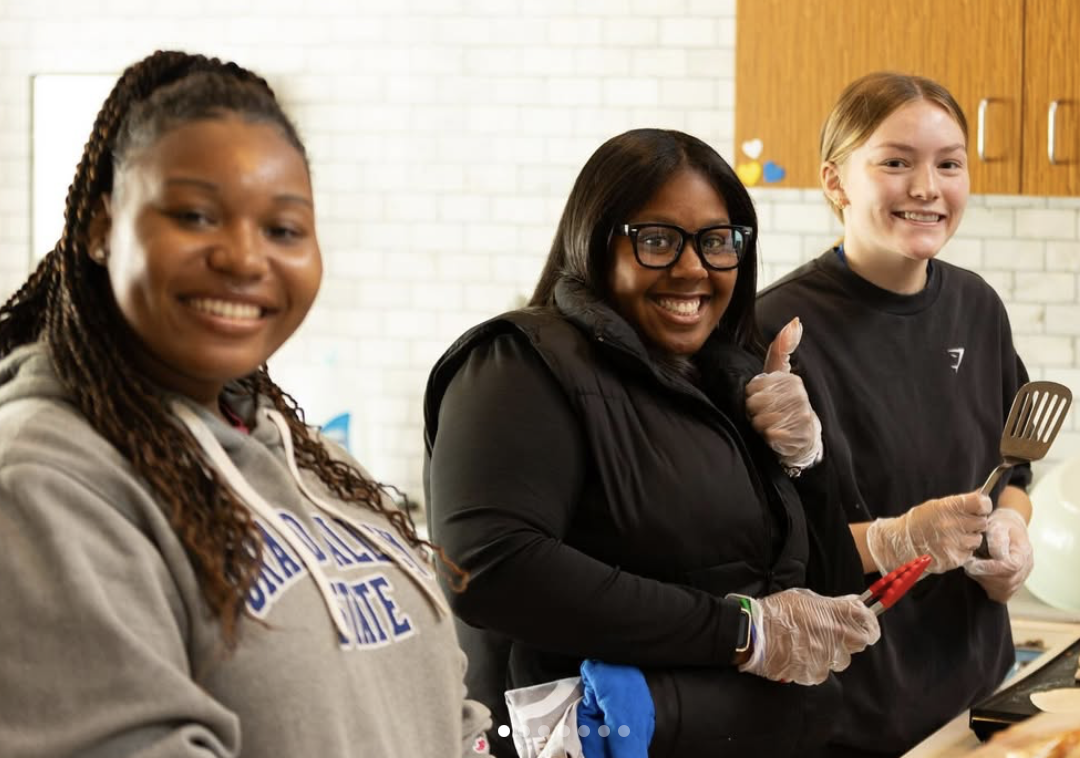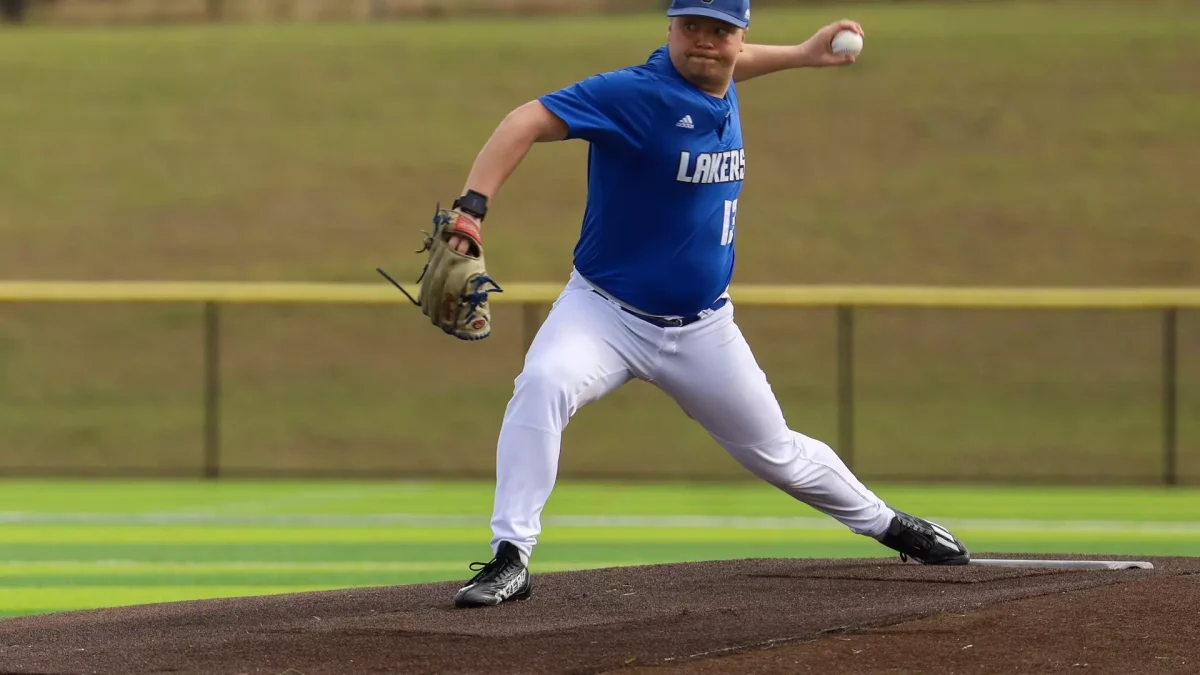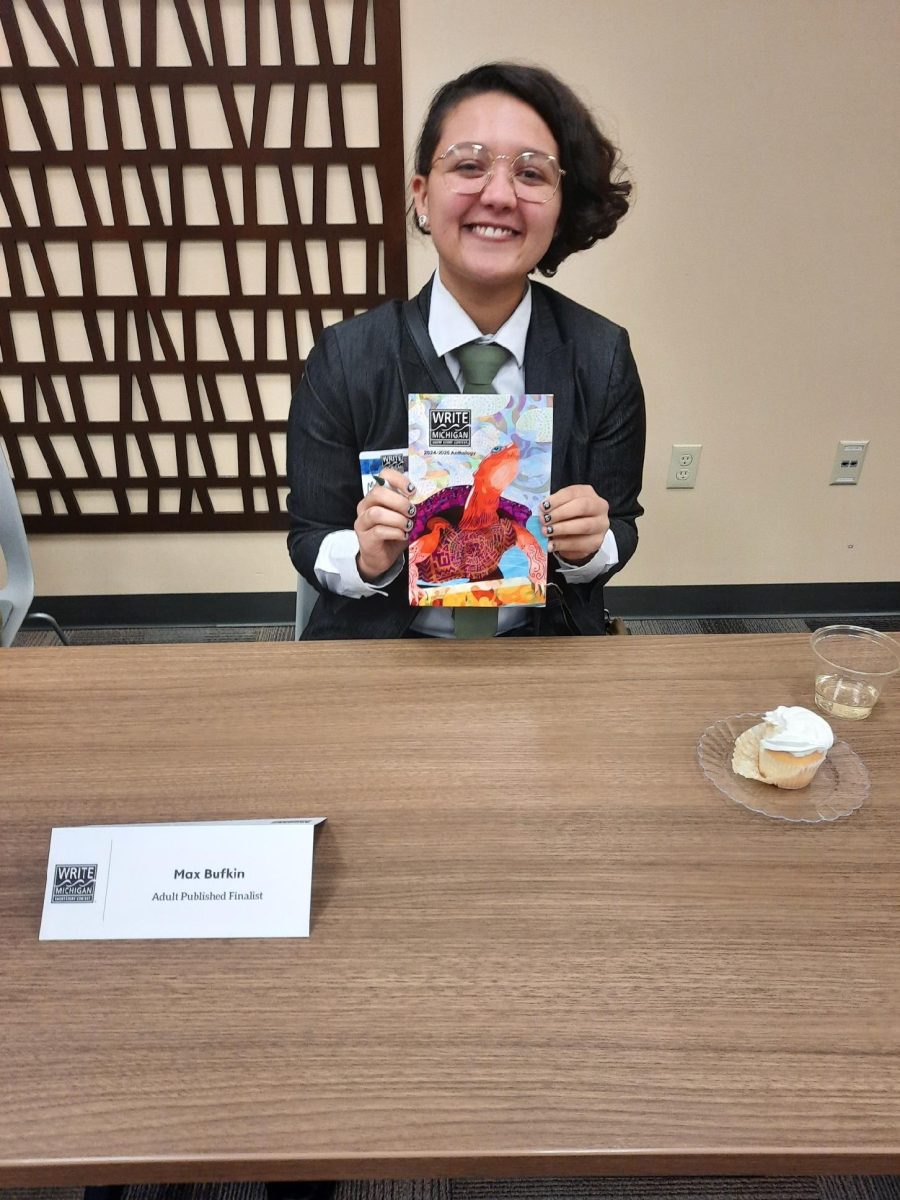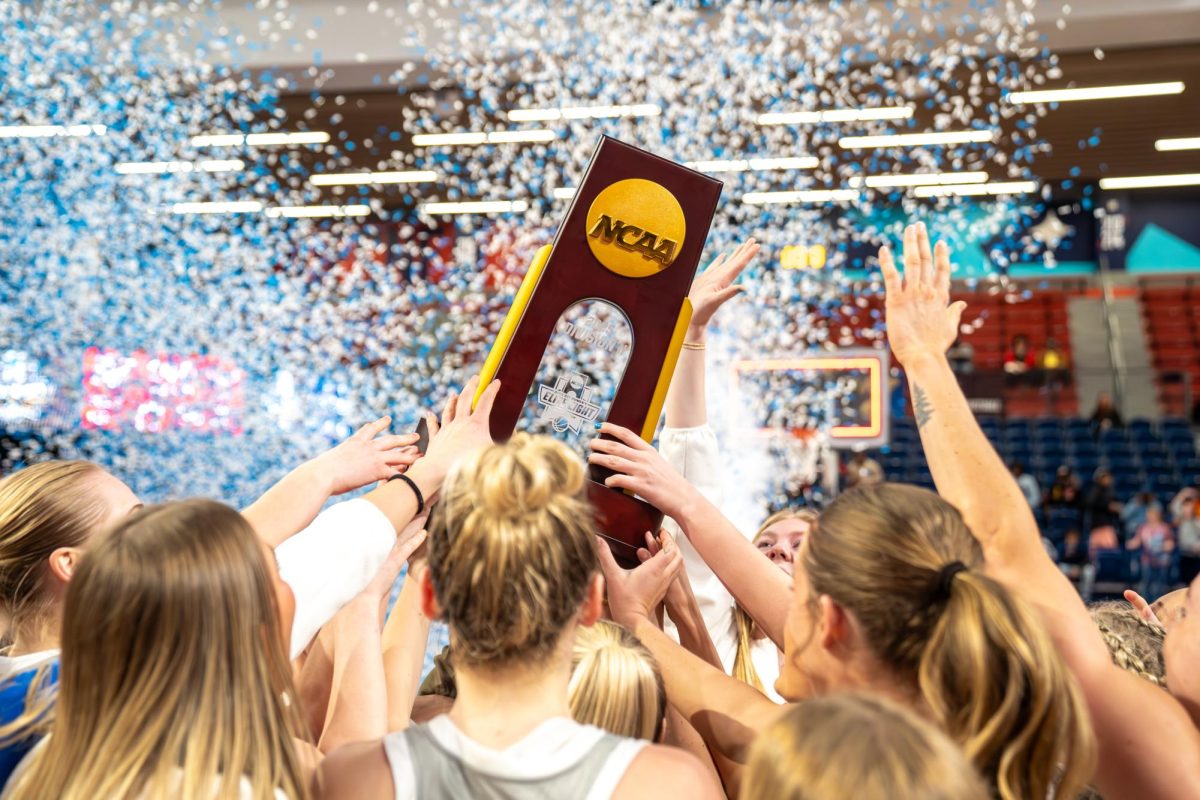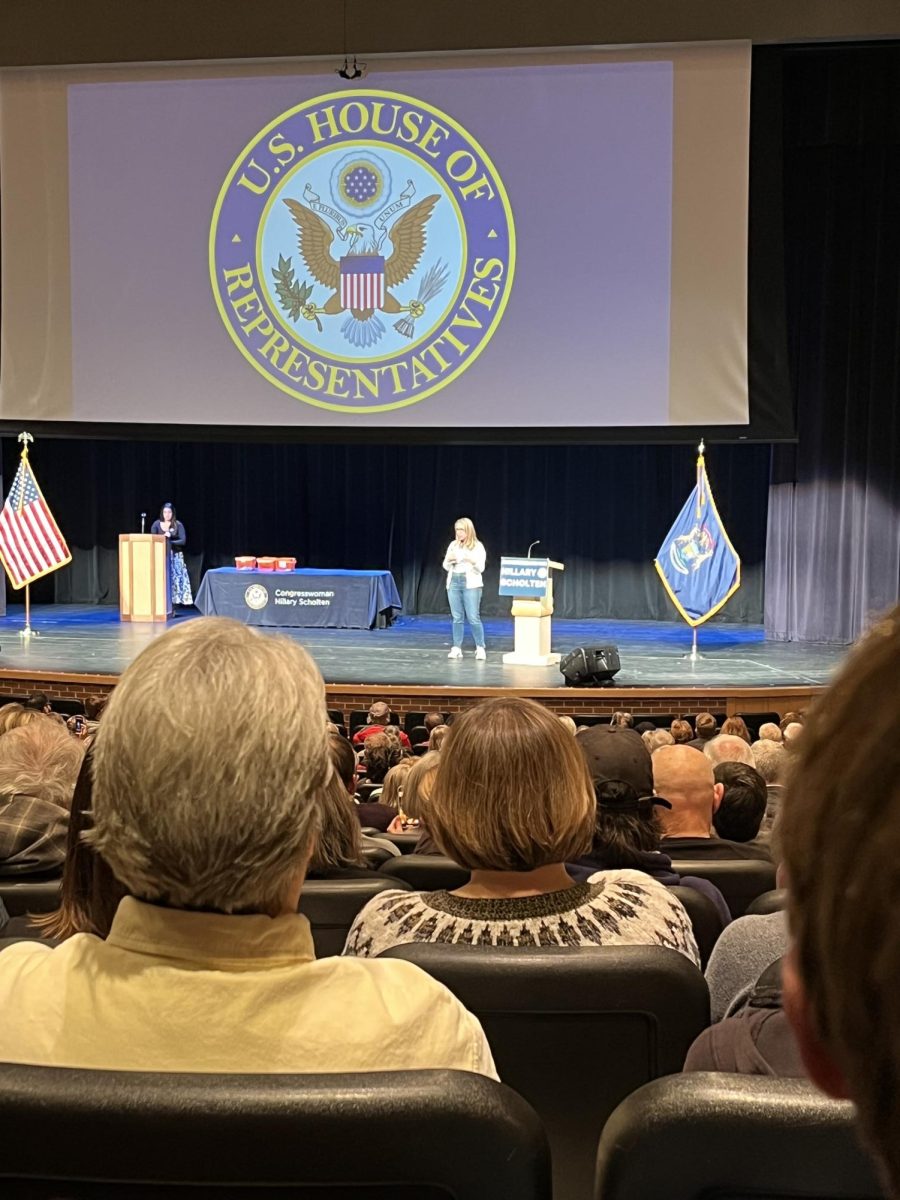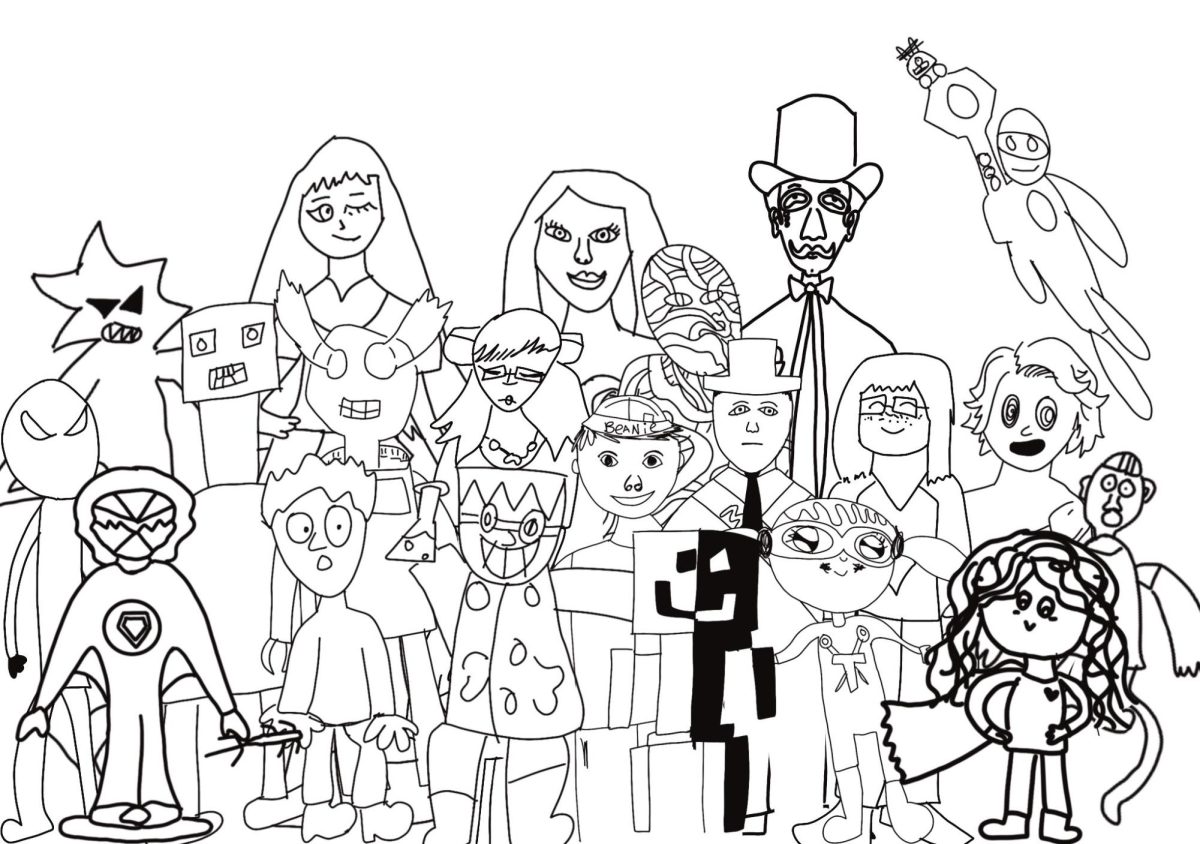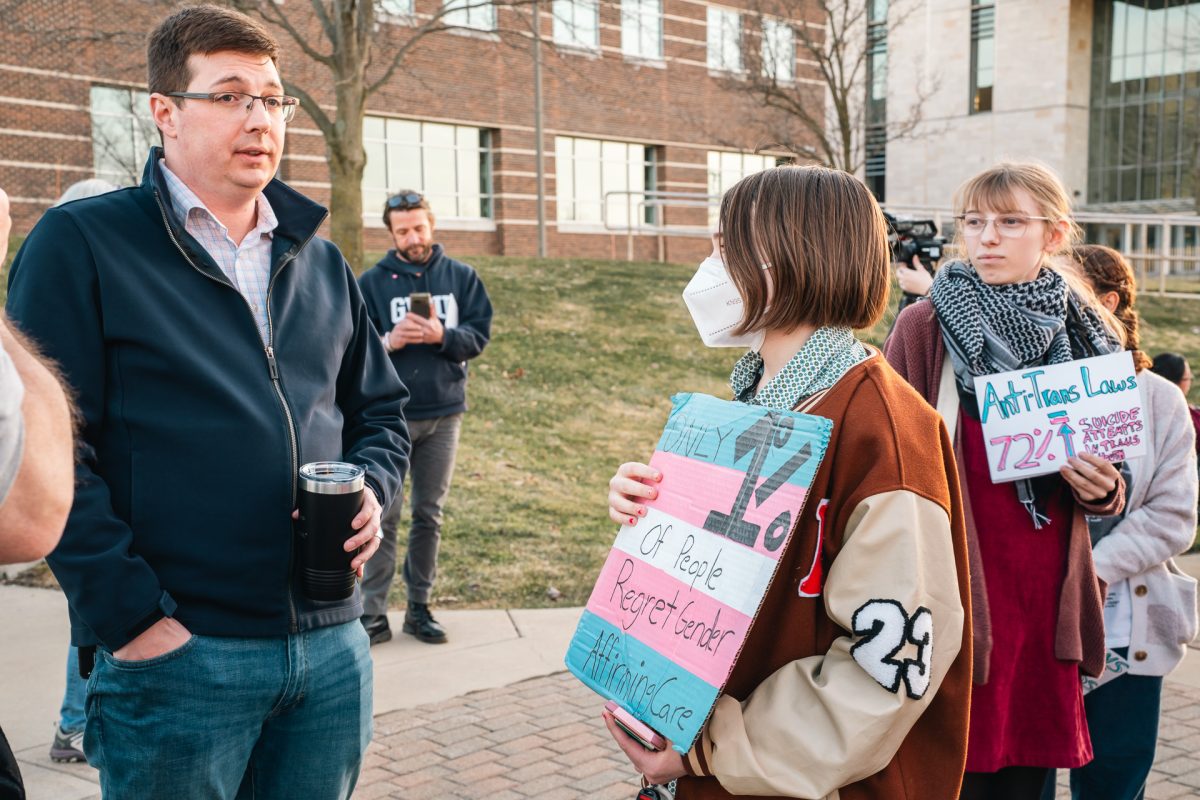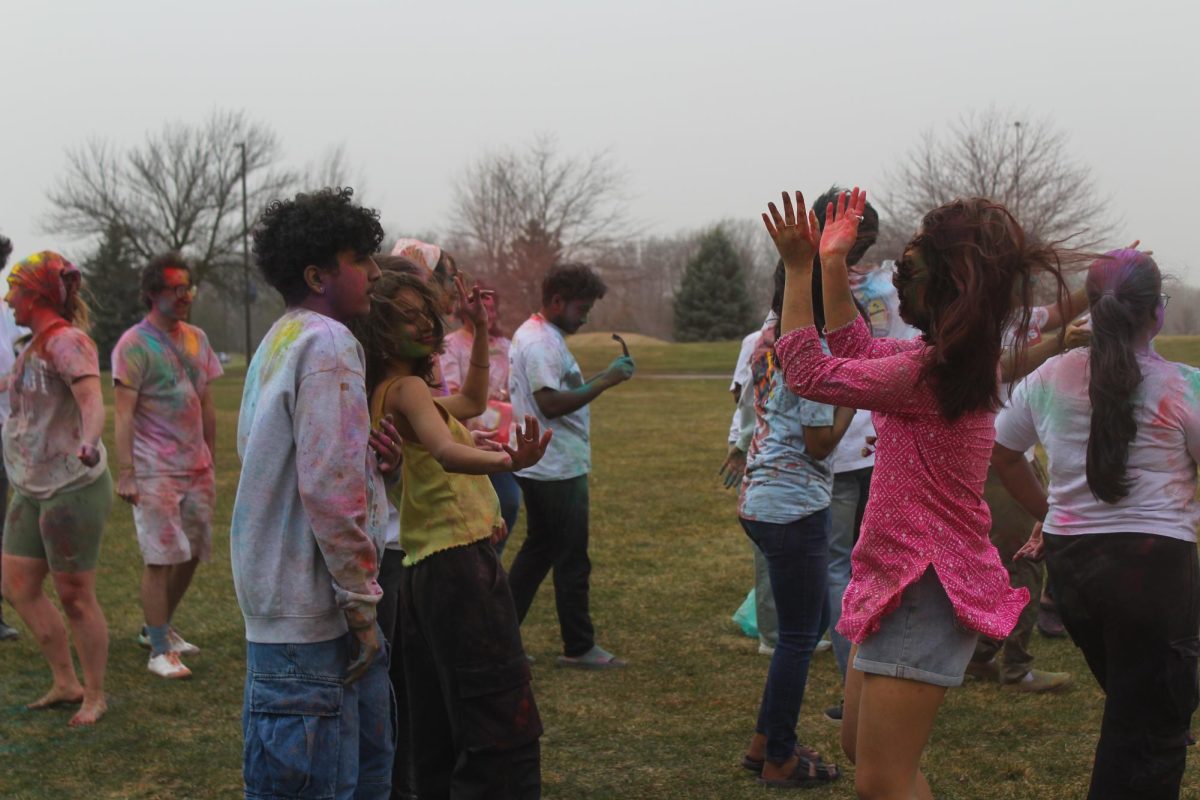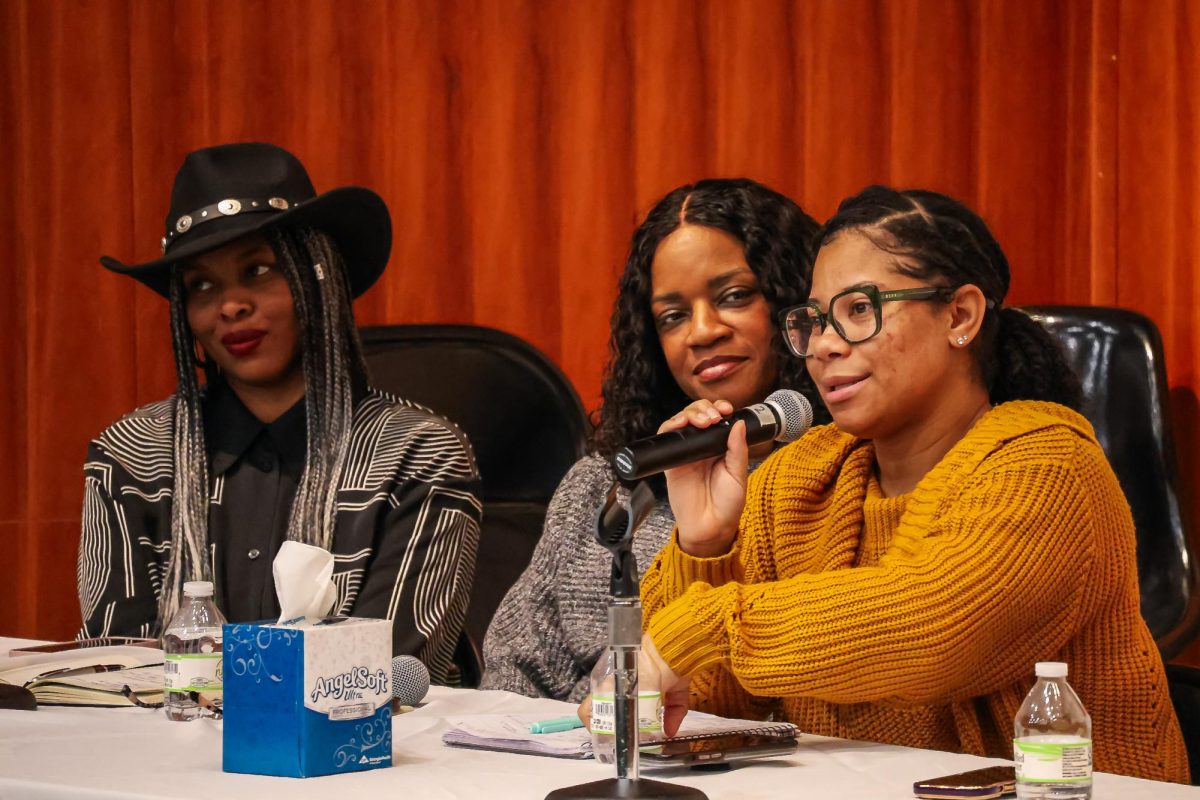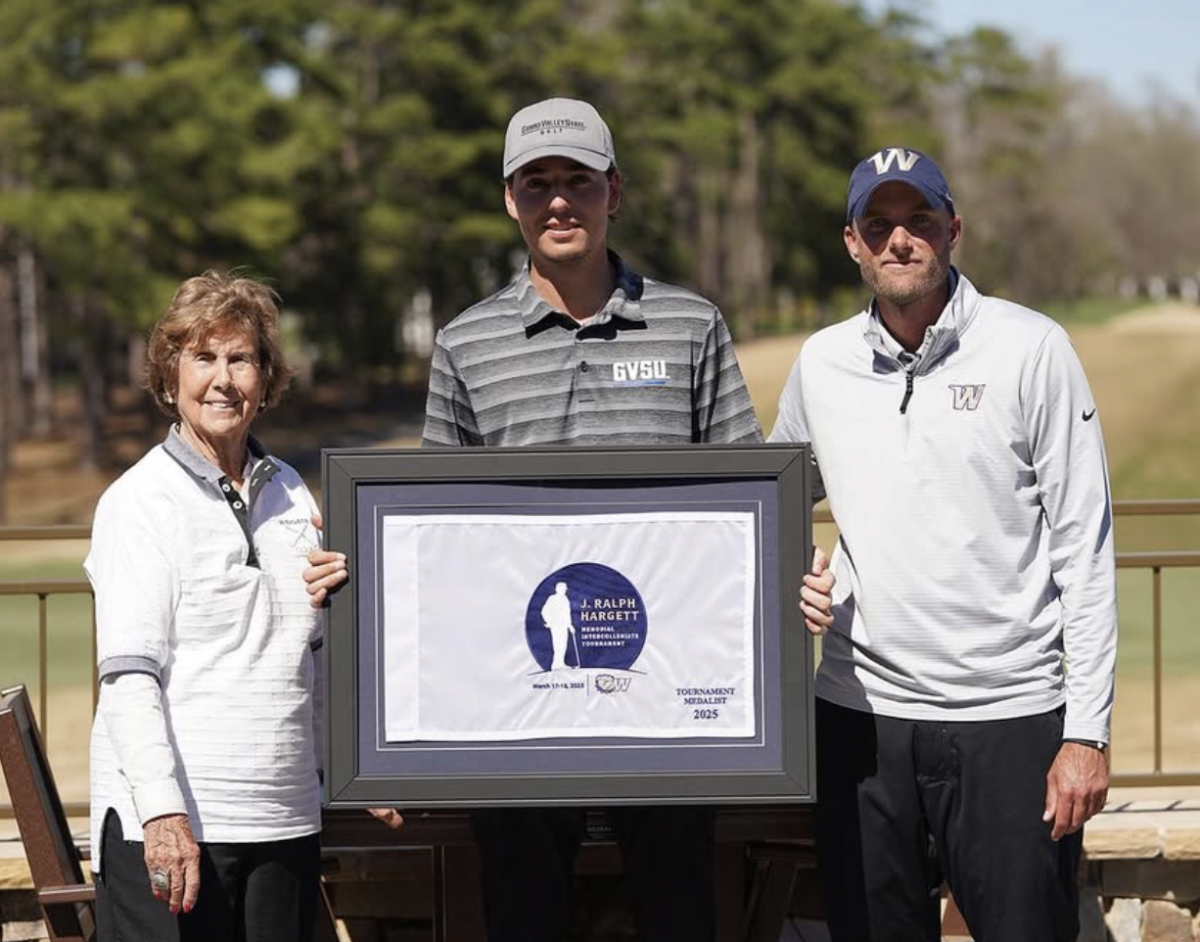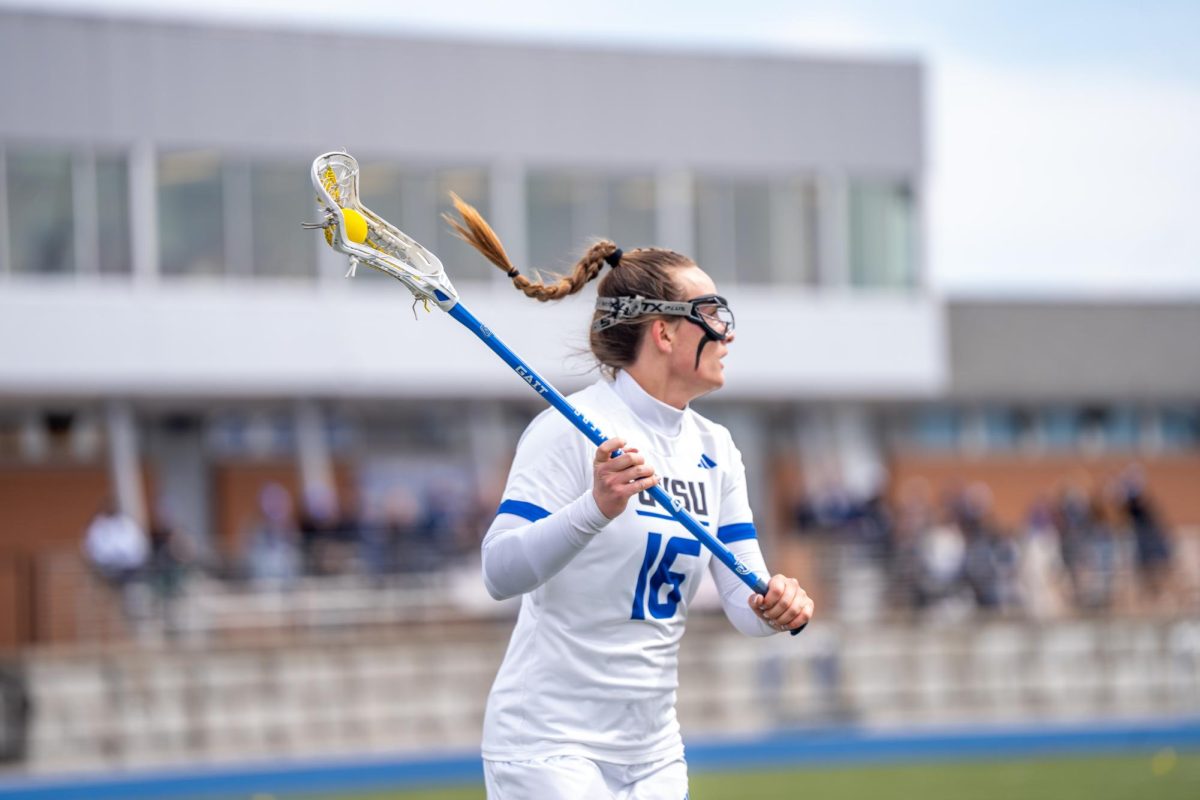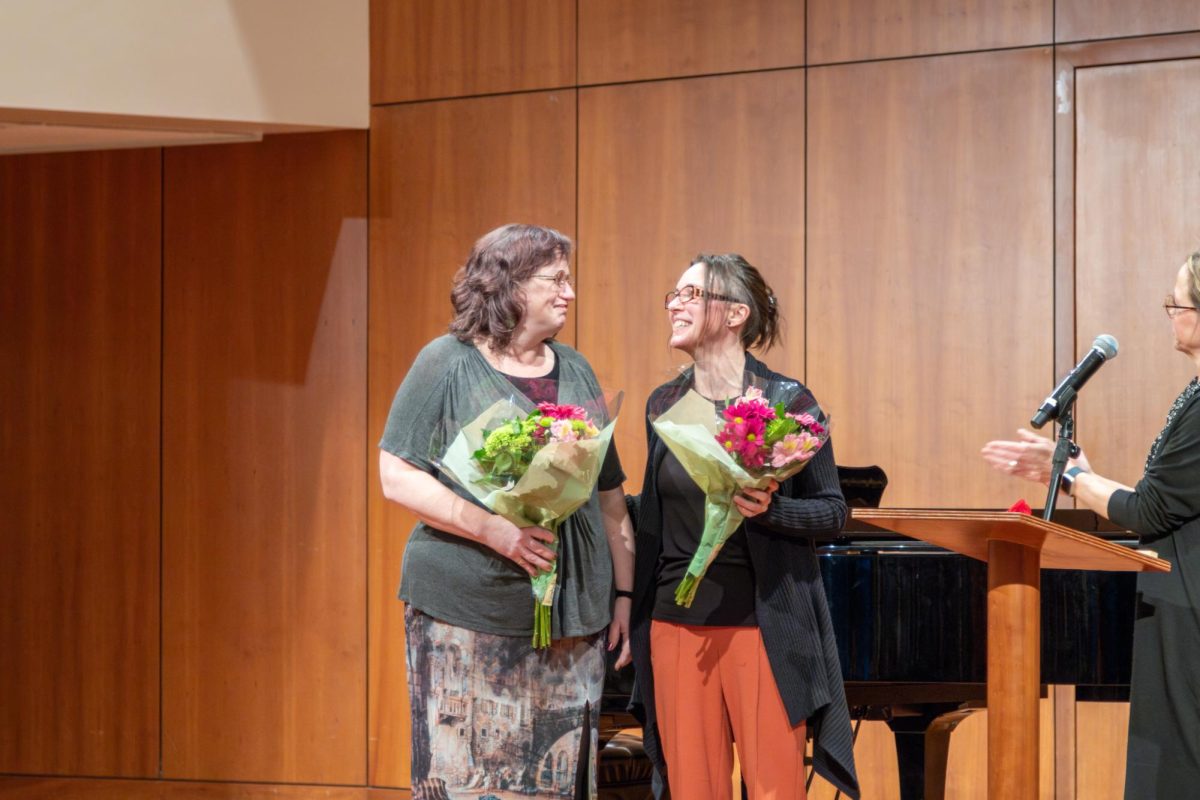News on News: Reflecting on institutional censorship and the conversations with the experts
Apr 17, 2020
Over the course of the semester, the Lanthorn will be conducting an editorial series titled “News on News” revolving around how news is consumed today, the concept of ‘fake news’ and the fight journalists continue to fight to have their voices be heard.
Over doing this editorial series, I learned a lot about how journalists think and learned some helpful lessons as to how to react to institutional pressures.
I highlighted the importance of the #FreeIgnace movement, the beninese journalist who is sadly still incarcerated for simply doing his job. I talked to students who have experienced censorship, both in their time at GVSU and in the Ukraine.
I learned some important lessons from journalists who continue to fight the good fight, whether it be Matthew Kauffman leading the charge to free Ignace Sossou or Raymond Joseph continuing to investigate a corrupt South African lottery system.
These journalists and students speaking out against the powers that be has always been important, but is crucial now more than ever, as Americans everywhere are staying in their homes trying to prevent the spread of COVID-19.
While journalists are not doing the work of essential workers and nurses and doctors working the front lines to fight the virus, those spreading news to the public are in the next tier below. Now more than ever, citizens around the world are looking towards local and national news.
As journalists, we have a responsibility to give the public accurate news, especially in this time of crisis. One of my roles as a part-time assignment editor at Fox 17 is to answer the phone of nervous viewers. Here are what the majority of those calls have consisted of the past few weeks:
‘Hey, my boss is making us go in to work, but my wife and I are nervous about me getting infected. What do I do to report them?’
‘How do I file for unemployment?’
‘I’m about to run out of rent money ever since I lost my job, where can I turn to if I end being homeless in the next few weeks?’
‘My daughter needs her heart medicine to survive. Is it even safe to go into pharmacies right now?’
‘The Walmart by me is not practicing social distancing. Is there anything you guys can do about that?’
While it can be nice to provide people with certain resources to help them get what they need in this worldwide pandemic, it’s a lot of pressure to try to help these people, who appear to have nowhere else to go.
I am nowhere near a guidance counselor or a life coach or a motivational speaker, but I have had to play all of those roles in these phone calls. While I struggle to sleep at night thinking of the thousands of people struggling just in West Michigan alone, it’s through these phone calls that I have realized that journalists are more than writers, editors, reporters, broadcaster and anchors: we have a job to help people in this time of crisis.
Phone calls such as the ones above are the reason why I am confident I will stay in journalism. As Kauffman and Gamble and Joseph advised in our interviews, journalists need to have thick skin; not just in dealing with criticism and institutional censorship and threats, but also helping those in need, whether that be in providing accurate information, conducting an investigation, or simply giving news consumers a guiding light and someone to talk to.
Through this editorial series, it has been reiterated to me that thick skin and a refusal to back down is a crucial skill that every young journalist needs to develop.
We will face criticism. We will face threats. We will be called ‘pigs’ and ‘biased,’ and our writing will be deemed as ‘fake news’ — and that’s on the tame end of the criticism. But for every negative message towards us, the positive support comes through tenfold, and knowing that we have a truly important role informing and helping people makes this job more worth it than I ever could have imagined.







